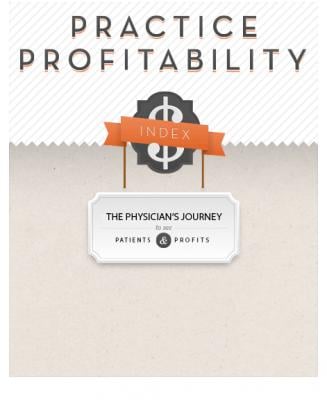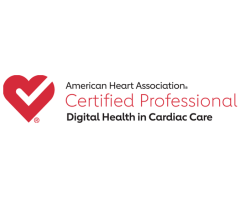
May 8, 2014 — The past year has been a turbulent one for U.S. physicians, according to the 2014 Practice Profitability Index (PPI). The PPI was conceived in 2013 as part of a partnership between cloud-based health technology provider, CareCloud, and Quantia Inc., a leader in physician engagement and alignment. The research is intended to serve as an annual barometer for the operational wellbeing of U.S. medical groups in the year ahead. Approximately 5,064 physicians contributed their insights to the second annual PPI in March 2014.
Physicians Have Darkening Outlook on Practices’ Profitability
The key finding of the PPI survey was that U.S. physicians are now more than twice as likely to foresee eroding, not increasing, profits in 2014. Those with a negative outlook increased from 36 percent to 39 percent during the past year, while optimists declined from 22 percent to 19 percent. The issues weighing on finances are still led by declining reimbursements (60%); rising costs (50%); requirements from the Affordable Care Act (49%); and the transition to ICD-10 (43%).
Operational Challenges Impact Patient Care
“The 2014 PPI results show that physicians are experiencing increasing strain on their practice operations as a result of healthcare reform and government mandates. This strain, in turn, affects patients – including the millions of new ones entering the system as a result of the Affordable Care Act,” said Albert Santalo, chairman and CEO of CareCloud. “Nearly half of physicians say they cannot take on these patients, foreshadowing an access to care issue. Meanwhile, despite the hype about emerging reimbursement models, physicians are most likely to seek improvements through programs that help them engage with their sickest and most vulnerable patients.”
The complete 2014 PPI survey results, which also explore physicians’ opinions on technology adoption; time spent on administration rather than patient care; impact of healthcare reform; intent to stay independent or sell their practice; and strategies for improving operational performance, can be accessed at http://www.carecloud.com/practice-profitability-index-2014/.
Additional key findings from the 2014 PPI included:
Regulation Buries Physicians in Increasing Administrative Work, Affecting Care
Successful patient engagement requires that physicians have adequate time and space to focus on care. But the percentage of doctors spending more than one day a week on paperwork rose sharply between 2013 and 2014, from 58 percent to 70 percent. Nearly one-quarter (23%) spend more than 40 percent of their time on administration, up from 15 percent last year.
Physicians’ ability to make adequate time for patients will become increasingly critical. The PPI found 40 percent of physicians indicated patient engagement programs, such as disease management and population health efforts aimed at high-risk patients, hold the greatest promise for their practice performance in 2014.
Interestingly, just 11 percent of physicians cited participation in fee-for-value or Accountable Care Organization contracts — which reward them for health outcomes — as contributing to their operational performance in 2014.
ICD-10 Delay Will Defer Revenue Disruptions, But Preparation Costs Remain
At the end of March 2014, the government approved a minimum one-year delay to the ICD-10 code transition, which was originally scheduled for Oct. 1, 2014. The move provides some runway to the majority of physicians who were unprepared. Before the delay, nearly half of physicians (44%) did not know whether they would be ready. Another 25 percent were certain they would not be prepared and faced high transition and upgrade costs.
“The move by the government to push back the transition to ICD-10 has caused significant frustration among medical groups that had already begun preparations to meet the October deadline,” continued Santalo. “But while physicians will now avoid ICD-10-related disruptions to billing and collections in 2014, their preparation costs remain. They’re increasingly buckling down to focus on those processes and technologies that can support them for the long term.”
For more information: www.carecloud.com


 November 14, 2025
November 14, 2025 









